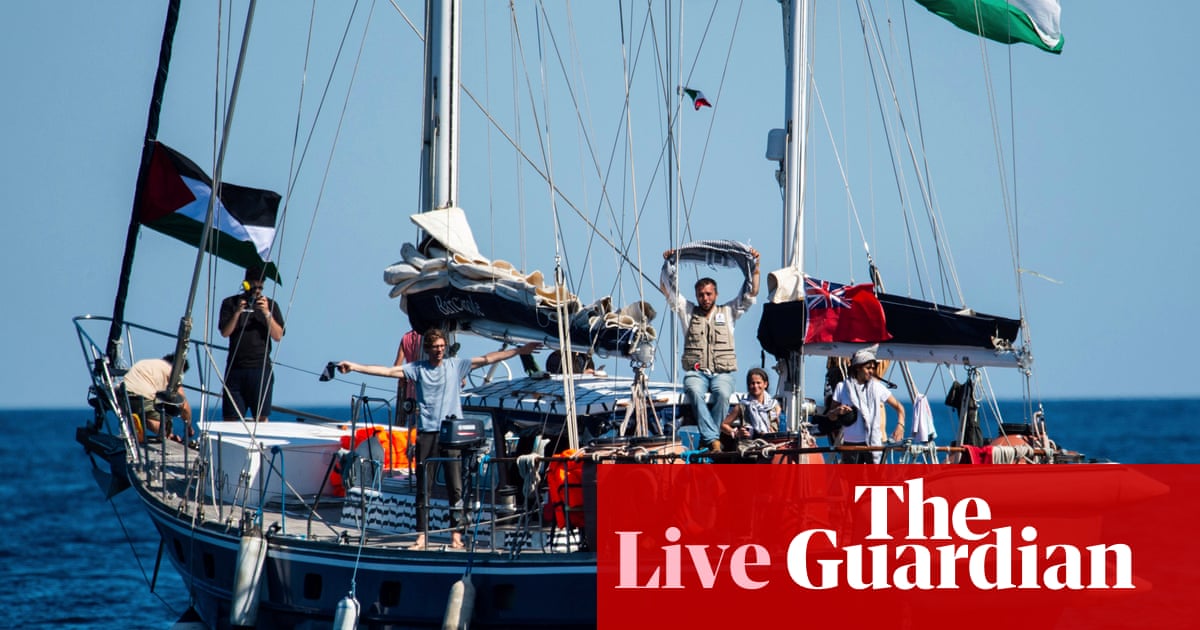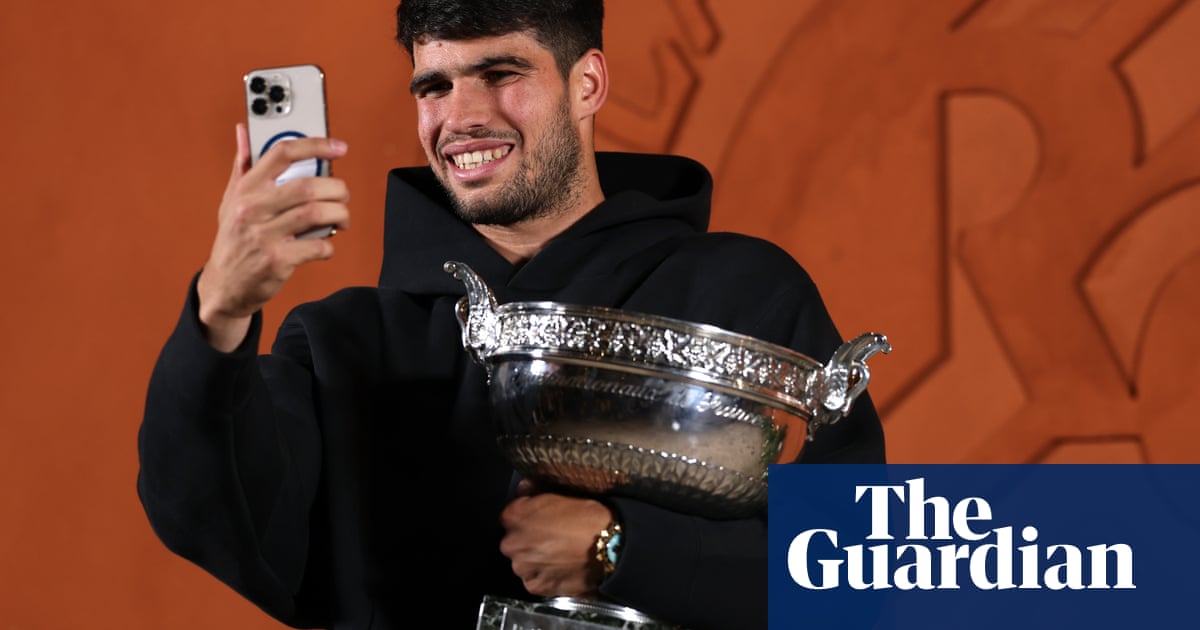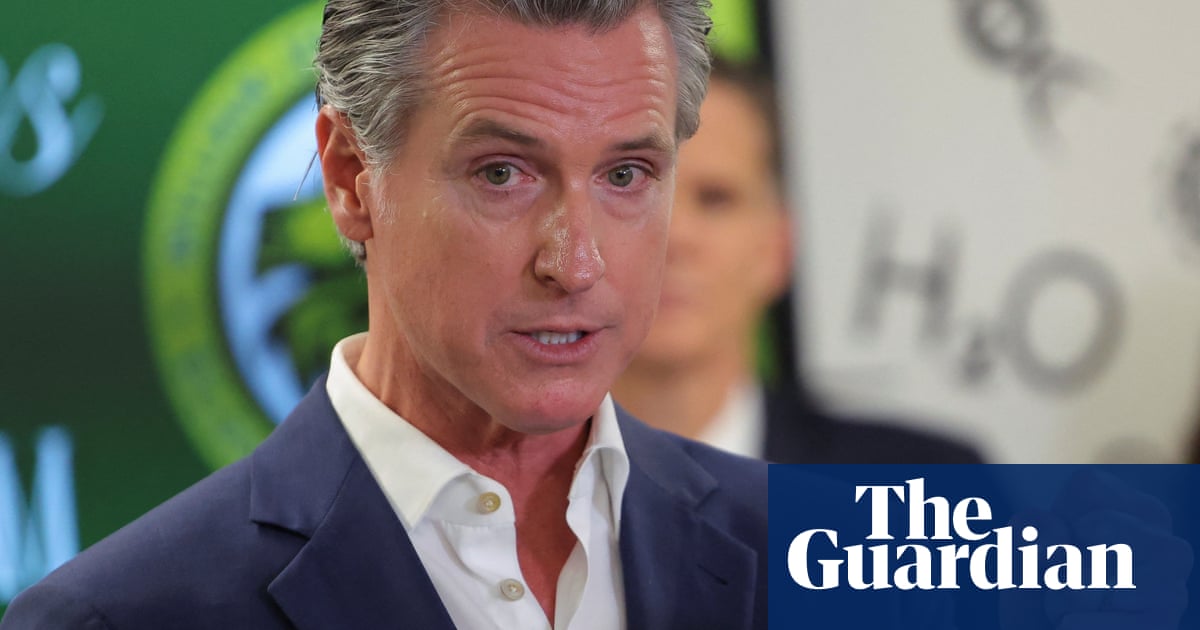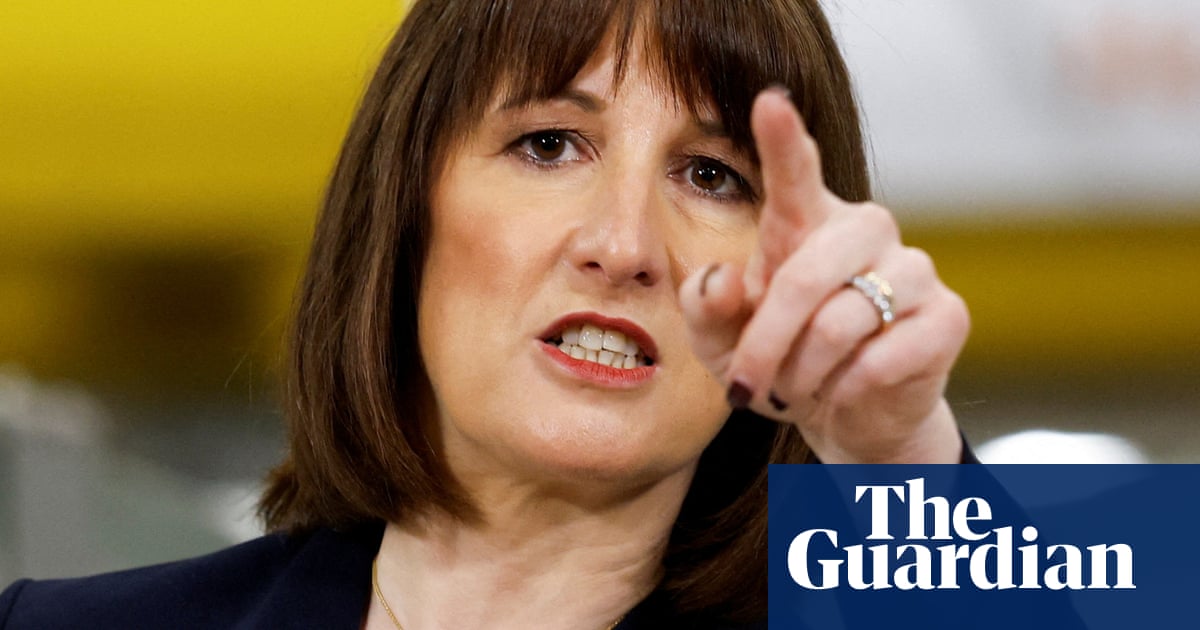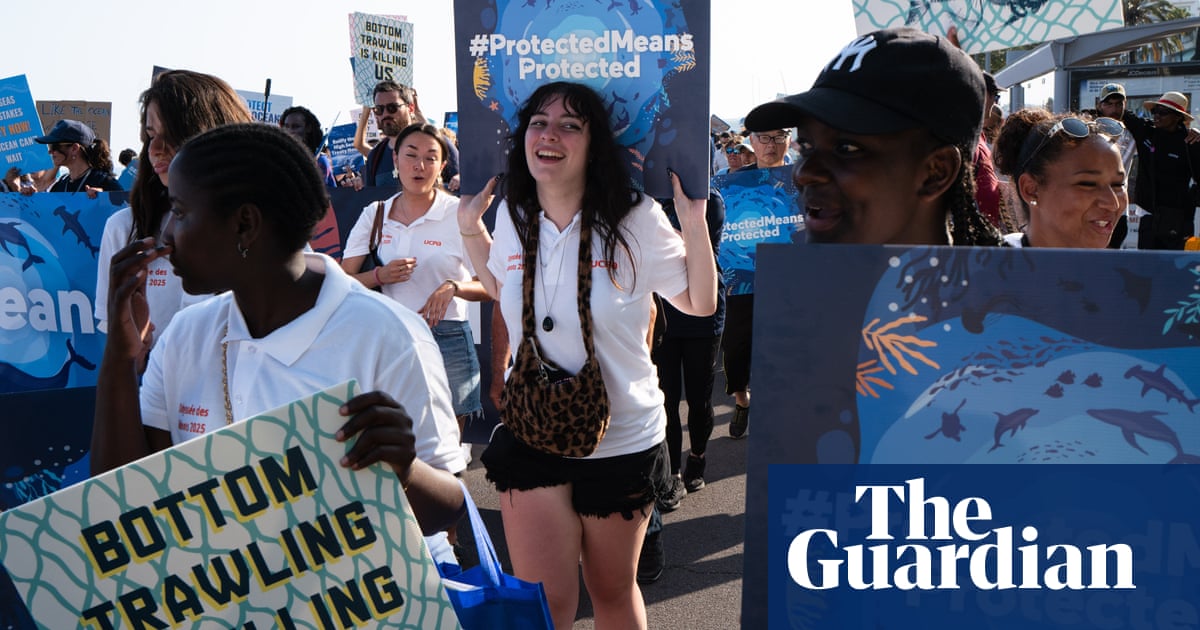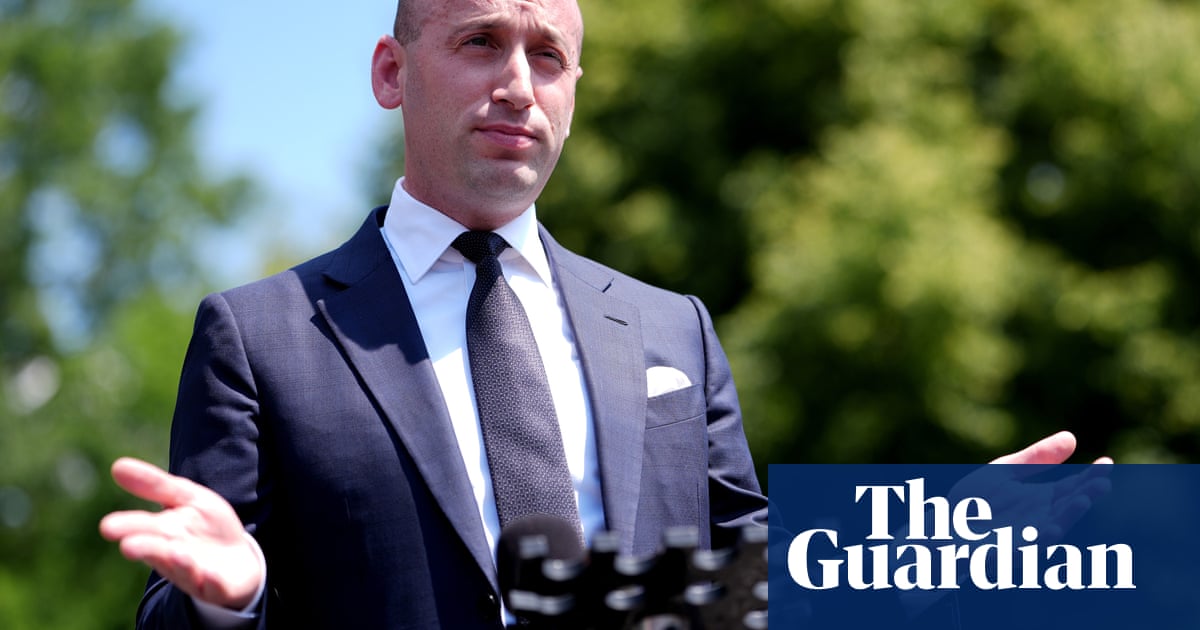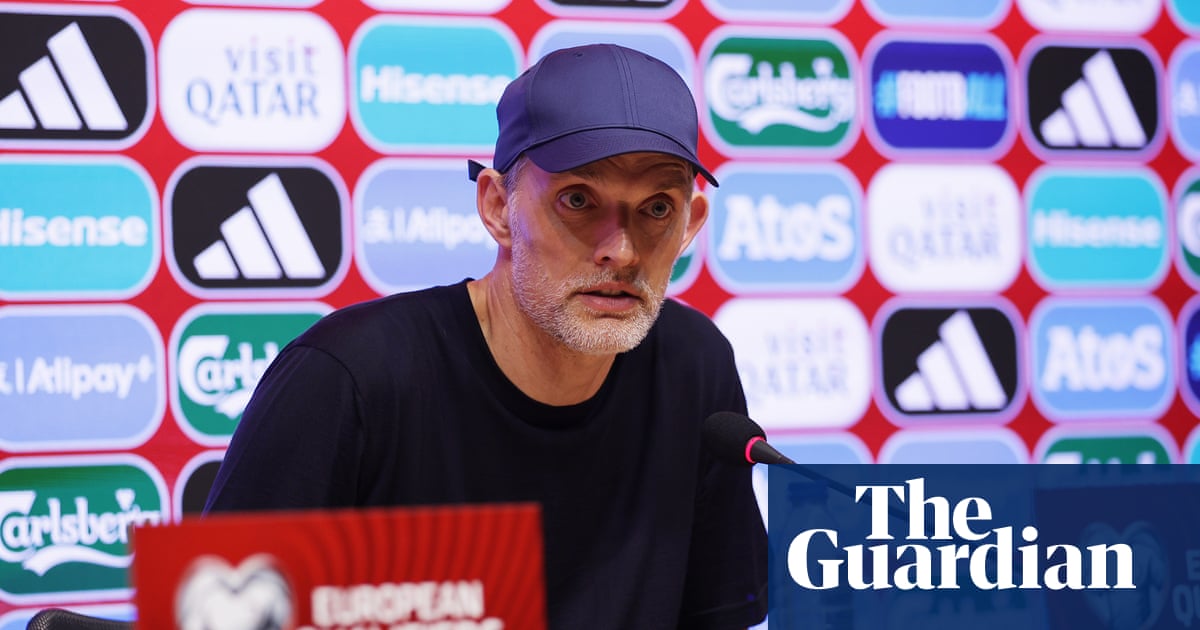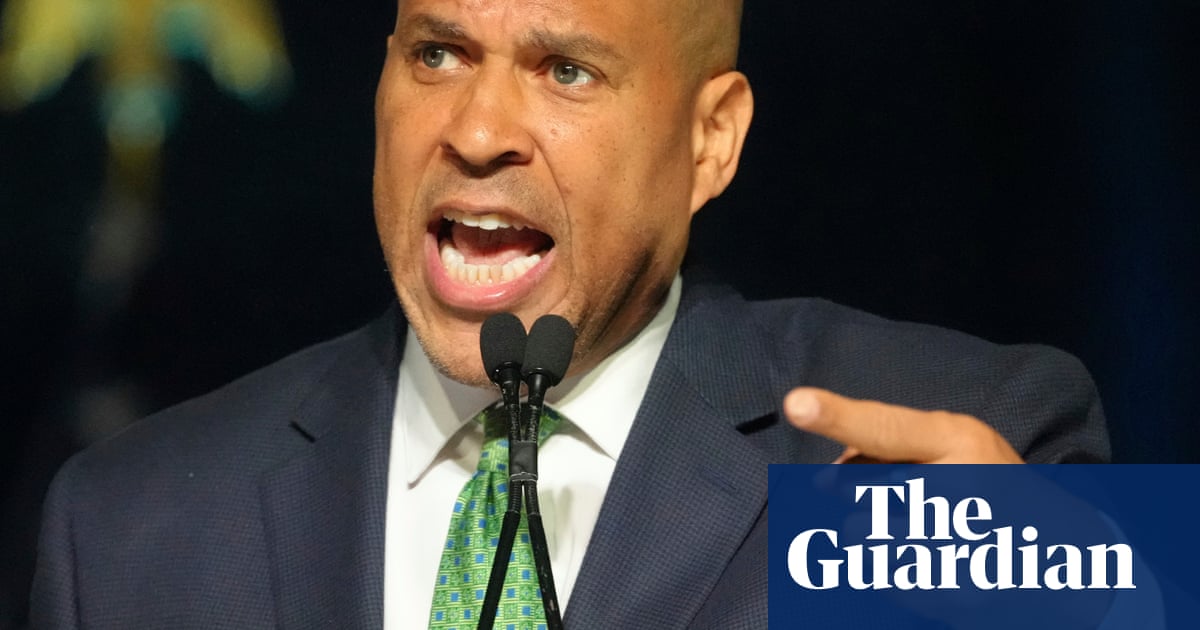On stage in a corner of east London, the US folk singer Oliver Anthony got a rapturous reception this week for a rendition of his smash hit Rich Men North of Richmond, a tune about inequality and the political elite’s disregard for the working class.
Rather than performing in one of London’s dozens of music venues, however, Anthony – who has claimed his song doesn’t take any particular partisan side – was playing to an elite gathering: the well-heeled conservative activists, donors and politicians from the US, the UK and around the world who descended on the now yearly Alliance for Responsible Citizenship (Arc).
Part political conference, part evangelical rally and compared by some present – not without irony – to the Davos World Economic Forum, the conference has emerged as an increasingly influential gathering of libertarian and populist forces, promoting climate scepticism and social conservatism.
And what it brought this year in particular, after the election of Donald Trump in the US, was clear.
Days after JD Vance’s ideological savaging of European ideals at the Munich Security Conference, where he alleged Europe’s greatest threat came “from within” and accused it – without irony – of illiberalism and anti-democratic tendencies, Arc 2025 celebrated a new kind of American export: ideological finger-wagging.

Every day came fresh interventions by key Trump allies that acted as a cold shower for any Europeans still hoping the vice-president’s words had been a blip.
“If we can reclaim our country, if we can reclaim our institutions, including the bloated, ridiculous overreach of the federal government, you can do what is necessary in your country,” Kevin Roberts, the president of the US Heritage Foundation that was behind the radical-right Project 2025 blueprint for a second Trump presidency, reportedly said at one of a number of lavish events on the sidelines of the conference, according to DeSmog.
Over three days, at an event interspersed with classical music and other cultural flourishes, attenders who had paid hundreds of pounds for tickets listened to a succession of conservative thinkers ranging from the British historian Niall Ferguson to the self-styled Danish “sceptical environmentalist” Bjørn Lomborg take to a stage inside London’s giant Excel conference centre.
A near-constant presence – as host, interviewer and glad-hander – was Jordan Peterson, the Canadian psychologist and self-help author who co-founded Arc in 2023 with a British conservative member of the House of Lords, Philippa Stroud.

But it was the American cultural attacks on European leaders – on everything from their net zero climate targets or their perceived failure to defend “western values” – that particularly energised the audiences.
Trump’s energy secretary, Chris Wright, chastised Britain in a virtual address for “aggressively pursuing” what he described as the “lunacy” of net zero. “This is impoverishing your own citizens in a delusion,” said the former fracking executive, to cheers.
Mike Johnson, the US speaker of the House of Representatives, who is a member of Arc’s advisory board along with the former Republican presidential candidate Vivek Ramaswamy, spoke too. He cited recent elections in France, Italy, the Netherlands and Germany – where far-right forces are on the rise or in power – as demonstrating how voters had concerns about “unchecked power and the erosion of national society”.
Both interventions came after explicit support for the far-right Alternative for Germany party by Elon Musk, the richest man in the world who has become Trump’s government-slashing consigliere, and whose appearances on screen at AfD rallies caused shock in Germany and throughout Europe. Musk, too, has thrown about apocalyptic allegations about Europe’s supposed censorship, in particular smearing Britain’s leaders, including the prime minister, Keir Starmer, and voicing support for the far-right activist Stephen Yaxley-Lennon, known by the pseudonym Tommy Robinson and currently imprisoned for contempt of court.
Far from running a mile from these increasing Trumpian characterisations of Europe as a dystopian hellscape, however, Arc underlined how the narrative has become one that some conservatives in Britain and the European continent are only too eager to embrace.
Kemi Badenoch, the relatively new leader of Britain’s opposition Conservative party, paid homage on Arc’s first day to the US president’s leadership and repeated a series of Trumpian attack priorities, castigating “pronouns, or DEI, or climate activism”. She was followed on Tuesday by Nigel Farage – her rightwing rival and leader of the anti-immigration Reform UK party – who has sought to make much of his relationship with Trump. Echoing a term that has become a rallying cry by Trump and those around him, Farage told Peterson: “Our platform is to re-industrialise Britain.”

As far as Arc’s own description went, it was about “re-laying the foundations of our civilisation” by bringing together “thought leaders and changemakers” who were committed to “a hope-filled vision for the future”. Though not overtly religious, a strong Christian current ran through the event’s discussions, while Stroud, Peterson and other Arc funders make much of their faith.
Joining Peterson via a virtual link in a discussion about the opportunities and challenges that AI technology presented to humanity, the Silicon Valley billionaire and Republican supporter Peter Thiel – who has helped to bankroll Vance’s political career – sought to look for answers in Christian theology.
“I think there were a lot of classical humanist ways to define human beings and I think those have gotten exploded. I think in a way, the more Christian ones are the only ones that are still left standing,” said Thiel, a founder of the information technology company Palantir and a co-founder of PayPal with Musk.
But the conference also demonstrated the increasing reach and ambitions of rightwing US advocacy groups to expand their influence beyond America’s borders. Outside the main auditorium, stands run by organisations including the US libertarian network Students for Liberty and the free market Adam Smith Institute stood alongside groups engaged in Britain’s own “culture wars” – such as History Reclaimed and the “anti-woke” campaign Restore Trust.
At one large stand, Focus on the Family, the US-based rightwing evangelical Christian group with 13 offices around the world, was promoting a documentary it aims to stream later this year about the activities of like-minded activists internationally.
“This film is about responding to the cultural moment we are in,” said Ken Windebank, minutes after the head of a Slovakian anti-abortion NGO approached him about the possibility of collaborating. He said the film “is intended to galvanise people who are living out their Christian faith and trying to change things”.

Some wariness still remained among at least a few European attenders of the radical new direction being charted by the US right. An older Austrian Christian Democrat who did not want to be named said he agreed with the sentiment of Vance’s speech in Munich, but was put off by what he regarded as the US vice-president’s aggressive approach. Like many others, too, he also admitted to being at a loss as to what Arc was actually for.
“This is clearly extremely well funded, and we’re hearing much that we can agree on. But I’m still sort of left wondering about its role, though it is a great networking opportunity,” he added.
Sam LaCrosse, a Trump-supporting podcaster and Christian public speaker from Texas, had no such hesitation: Arc, he said, was for finding common cause between Britons, Americans and others in what he viewed as a global populist uprising.
“The Trump wind gave us permission to do what we are doing, and then we have the cultural relevancy of Jordan Peterson here who has naturally pushed him to take on a more expansive role,” LaCrosse said.
“But I’m also just happy to be here around people with similar value sets. I’m 27 and it’s a confirmation I’m going down the right path.”

 3 months ago
54
3 months ago
54
